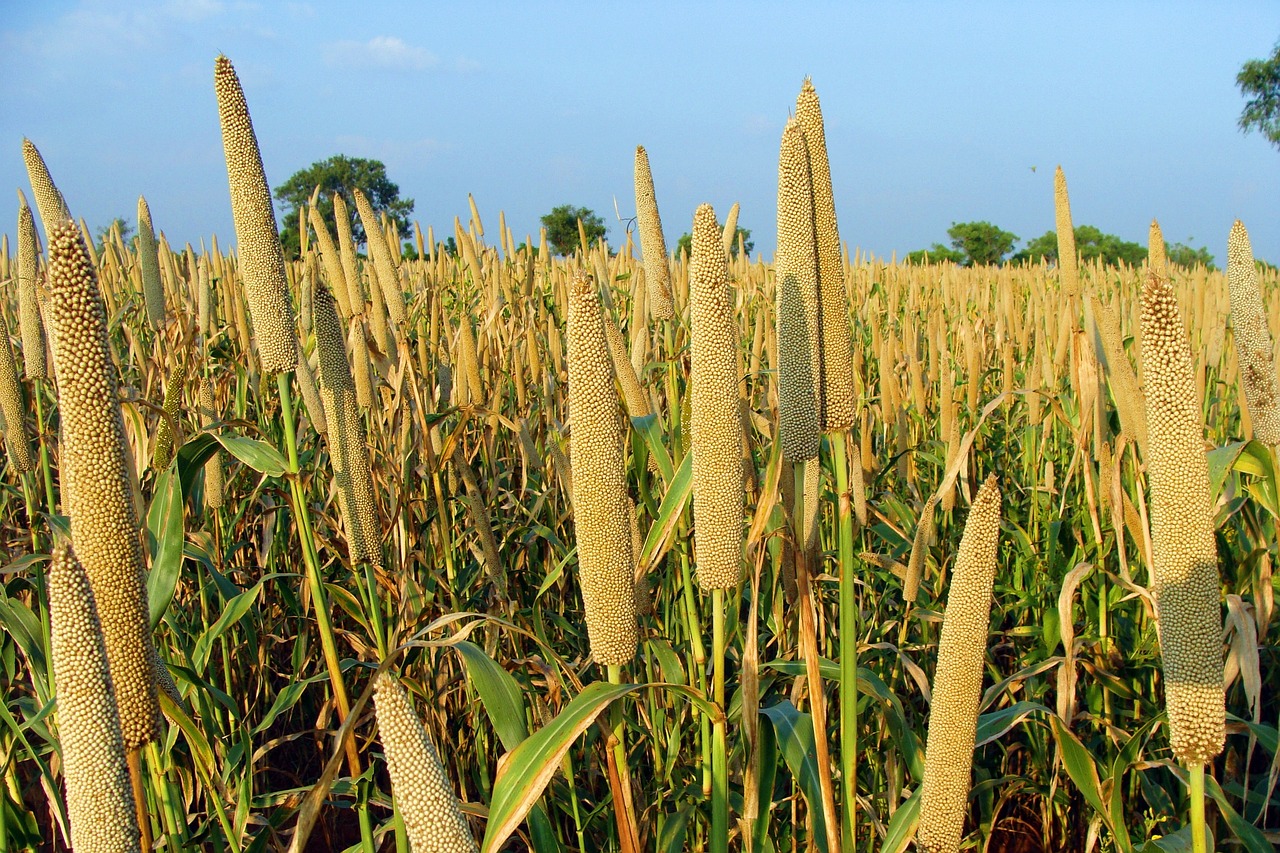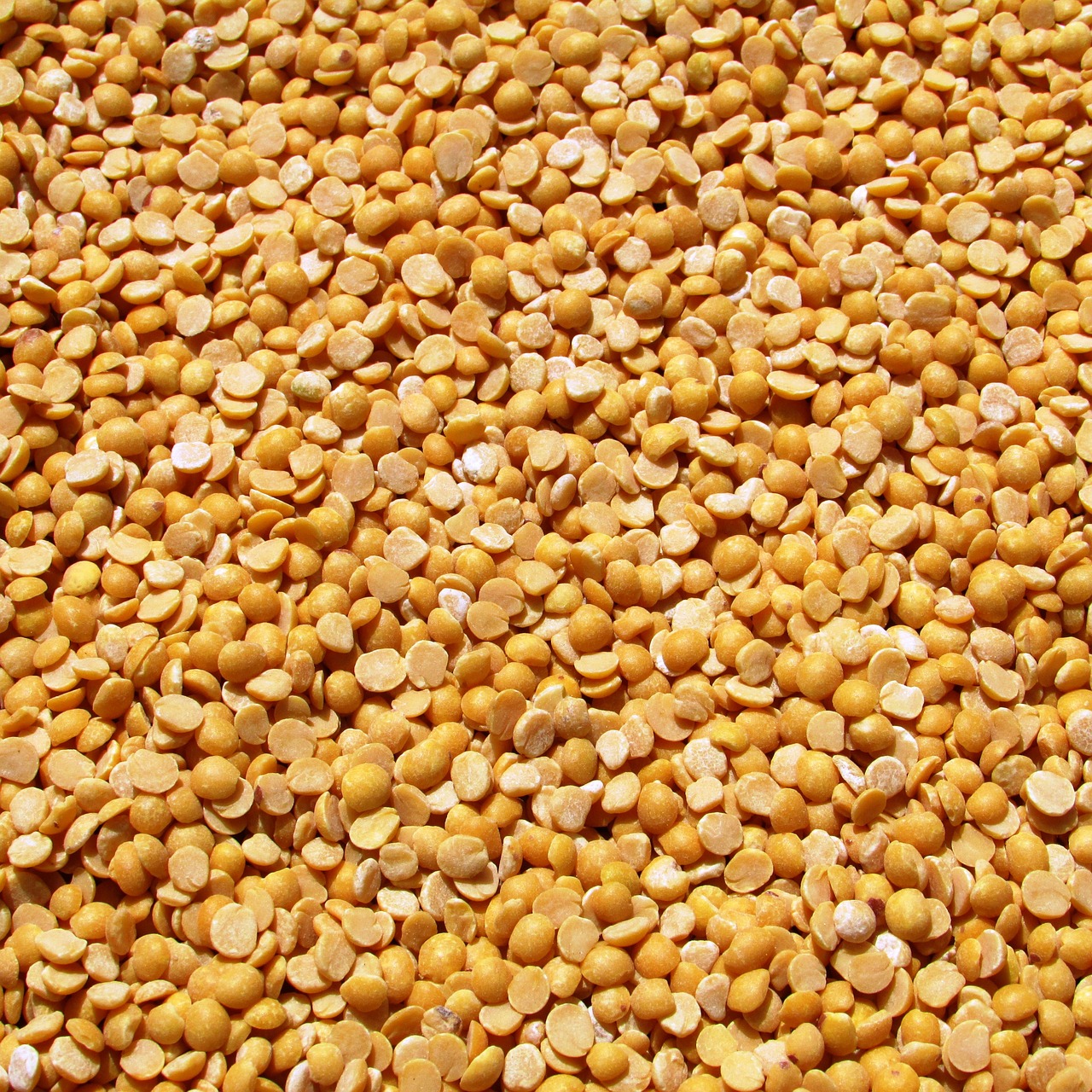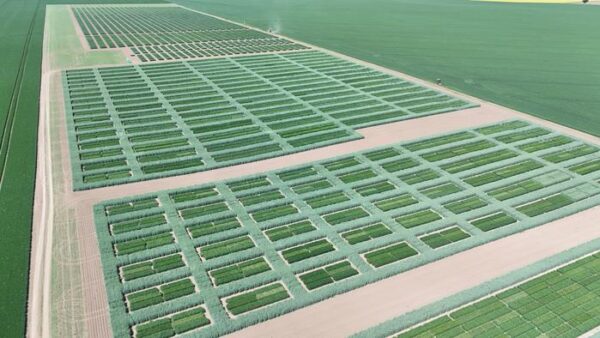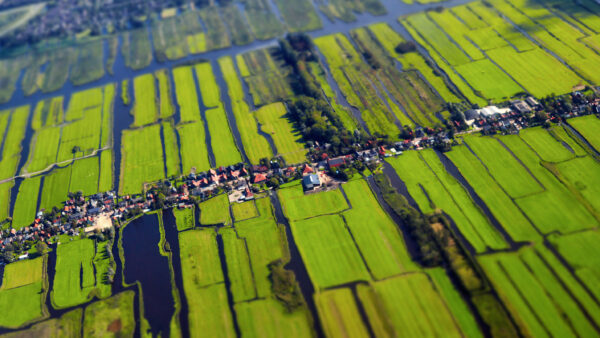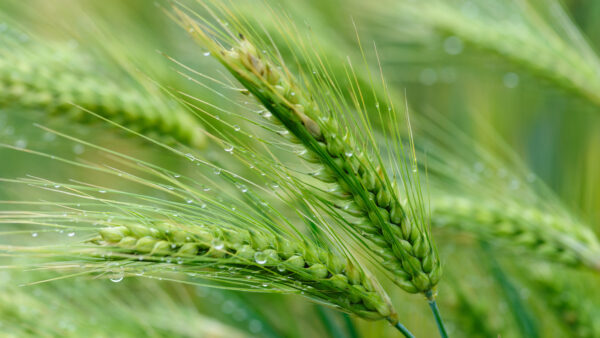Food and Agriculture leaders commit to continued collaboration.
The International Crops Research Institute for the Semi-Arid Tropics (ICRISAT) joined the Food and Agriculture Organization of the United Nations (FAO) and the global community in officially concluding the International Year of Millets (IYM2023) on March 29, 2024, according to a press release.
The event was held at the FAO headquarters in Rome and showcased keynote speeches, panel debates, and interactive zones, all dedicated to celebrating the remarkable progress achieved during the international year in advancing the cultivation, consumption, and recognition of millets worldwide.
Across 35 countries, more than 100 events were organized as part of IYM2023, shining a spotlight on the resilience, nutritional value, and environmental advantages of millets. Representatives from governments, international bodies, farmers, scholars, and consumers united to champion sustainable millet practices, emphasizing their pivotal contribution towards attaining the Sustainable Development Goals.
“At ICRISAT, we are proud to have been part of this monumental initiative that has brought millets to the forefront of global discourse,” Dr. Jacqueline d’Arros Hughes, Director General of ICRISAT, remarked. “The International Year of Millets has had a profound impact on the worldwide understanding and appreciation of millets and has sparked meaningful collaborations and innovations aimed at harnessing the full potential of these remarkable grains.”
During her keynote speech at the closing ceremony of IYM2023, Hughes emphasized that the conclusion of the event signified not an end, but rather the dawn of a new phase marked by unified efforts and unwavering dedication to advancing the cause of millets.
“We are confident that we possess both the opportunities and strategies necessary to confront the challenges that lie ahead beyond the International Year of Millets,” shared Dr. Rebbie Harawa, Director of ICRISAT’s Africa Program, who delivered her keynote presentation virtually from Nairobi, Kenya. “Challenges such as climate change and malnutrition, although formidable, can be transformed into opportunities. Millets exhibit remarkable resilience in the face of adverse climate conditions, unlike many conventional crops, and boast a rich nutritional profile. Therefore, by leveraging these attributes, we can turn challenges into opportunities for advancement.”


